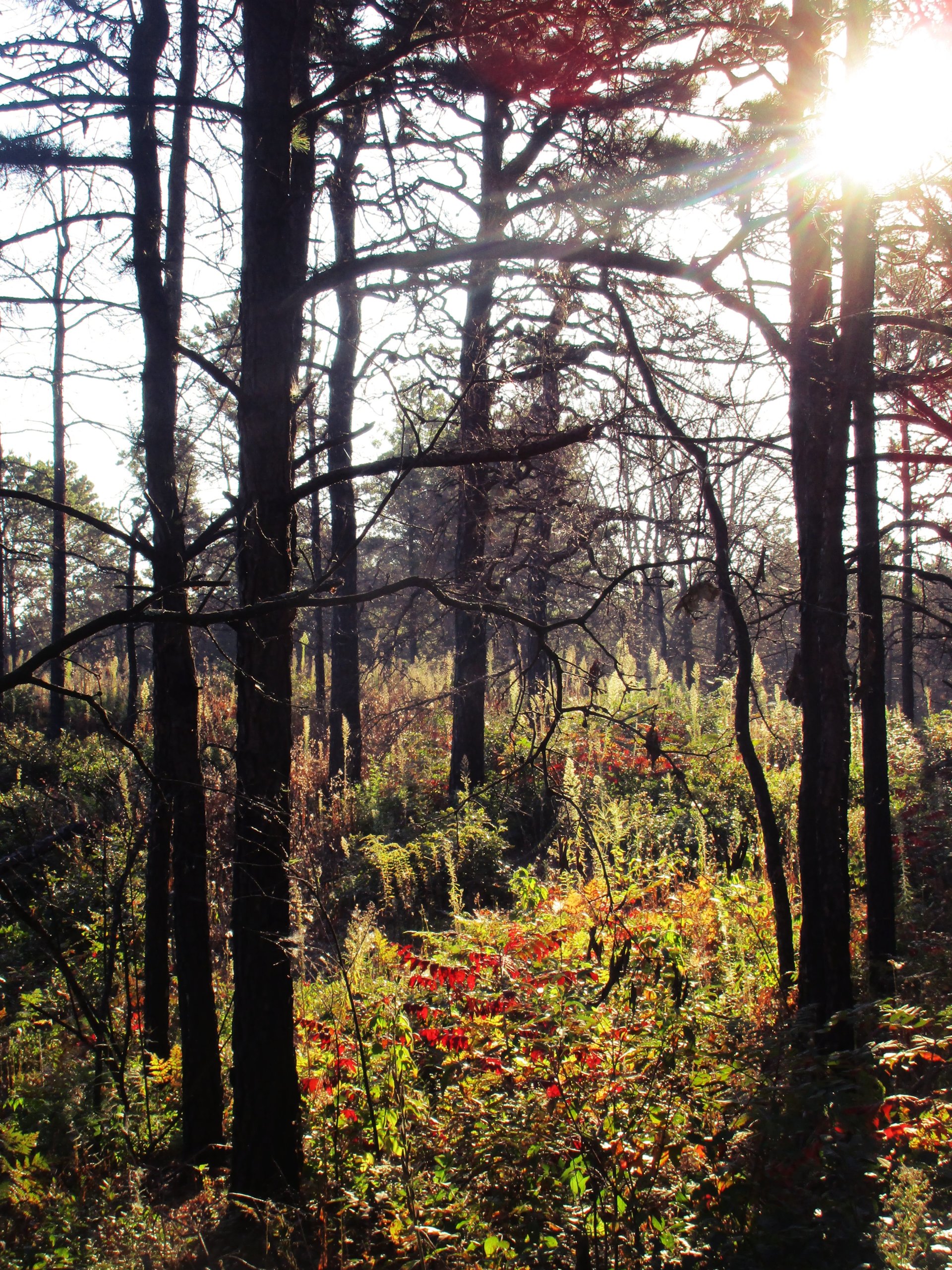Below are excerpts from an article about Peter Buttner from the Altamont Enterprise:
Peter J.R. Buttner was a man who, by his own reckoning, worked to build a brighter future no matter how dark the present.
He did this in his personal life and in his professional life as director of Environmental Management for the state. He also did this for his community; when he lived in Guilderland, Dr. Buttner led a citizens’ board that pushed to have toxic waste removed from an abandoned Army depot.
He died on Monday, April 27, 2015. He was 83.
Born in Brooklyn, New York, he was the son of the late Peter and Margaret (née Flood) Buttner.
In 1985, Dr. Buttner wrote a 16-page letter to his elder son, which his wife has shared. His exuberance shines through the details of a difficult childhood. . .
“Mom was in the hospital most of the time we lived on Pilling Street,” he wrote; she suffered from mental illness. One summer, his father took Dr. Buttner and his brother to St. Vincent DePaul’s Home for Wayward Boys in Brooklyn, presumably so they could attend summer camp for free. But, when the brothers returned home from camp, no father met them at the train station. They made the long trek home and arrived hungry and exhausted. Rather than being greeted with open arms, they were sent to bed without supper. His father, Dr. Buttner wrote, “felt that we should remain in the home for boys for the next few years but our ‘self reliance’ had sabotaged the scheme. I caught the most hell, being the oldest.”. . .
After graduating from high school in Queens, Dr. Buttner served in the United States Army in Korea during the Korean War. This is when he wrote his son: “Complex lessons in trust and forgiveness. No matter how dark the present, I have always been able to construct a future that made the present tolerable. Always, there is the sweet smell of tomorrow.”
“He never was a victim, never ever,” said his wife, Natalia Prajmovsky Buttner, after reading those words out loud.
After Korea, Dr. Buttner went to Hofstra College on the G.I. Bill and majored in geology. Natalia Prajmovsky was a geology major at Hofstra, too.. . .
The Buttners then moved to the Capital Region as Dr. Buttner pursued a Ph.D. in geology at the Rensselaer Polytechnic Institute. After graduating, he worked for the state, serving as director of Environmental Management for the New York State Office of Parks and Recreation from 1974 until his retirement in 1991.
Dr. Buttner served on a disaster preparedness committee that mapped out what effect natural disasters could have so that the state would be prepared. He headed a scientific advisory committee that sent experts to South Carolina after Hurricane Hugo struck in 1989.
Dr. Buttner flew in a plane 200 feet above the Carolina shoreline, taking more than 1,600 photographs. He then helped make computer models that showed what would happen if a storm like Hugo hit Long Island.
“Hugo is a great laboratory in which to study how a barrier system behaves,” Dr. Buttner told The New York Times in 1990. “A storm that size would basically wipe out Freeport, Merrick, Belmore, Wantagh,” and many other villages along the Island’s South Shore, where the model predicted 10 to 15 feet of flooding. The Hudson River would rise more than 28 feet at the George Washington Bridge, the model indicated.
Dr. Buttner gave a prescient warning at that time: “We’re fooled into thinking that we can fix the position of the beaches,” he told Eric Schmitt of The Times, sounding a warning on future development on barrier islands.
Also in the 1990s, Dr. Buttner was a leader on the Restoration Advisory Board that finally got federal funds to clean up toxic waste buried and forgotten at the old Army depot. He was deeply concerned about the effect the toxins could have on Guilderland’s drinking water supply. After he suffered a stroke in 2002, Dr. Buttner’s work on the advisory board was carried forward by his colleagues. . .
Dr. Buttner also loved to travel and enjoyed traveling the world with his wife. Together, they explored the Amazon, Machu Picchu, Iceland, New Zealand, China, the Alps, The Galapagos, Greece, Italy, and France, as well has many interesting places in North America, all of which he documented with his brilliant photographs. When not traveling, he enjoyed spending time with friends and family at his cabin in the Adirondacks. . . .
When they returned from their travels — their last trip abroad was to China in 2001 — Dr. Buttner would often give lectures, accompanied by slides he had taken. He gave a series of lectures at the University at Albany, and spoke about China and Greece at the Guilderland Public Library. . . .
His life changed dramatically with his stroke in 2002 and, in his later years, with Alzheimer’s disease.
“The stroke affected his right side,” said his wife. “He was a very determined and focused man,” she said. Dr. Buttner worked at physical therapy and made remarkable progress, she said. “He could walk.”
Dr. Buttner suffered aphasia because of brain damage from the stroke. Always a verbal person, “He lost the gift of language. He could never speak or write,” said Mrs. Buttner. “It was immensely frustrating for him.” . . .
Read the entire fascinating story in the Altamont Enterprise at http://altamontenterprise.com/05072015/peter-jr-buttner
Published in June/July 2015 Save the Pine Bush Newsletter
